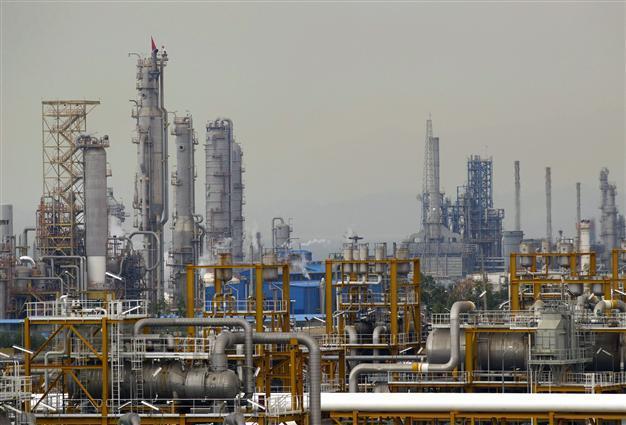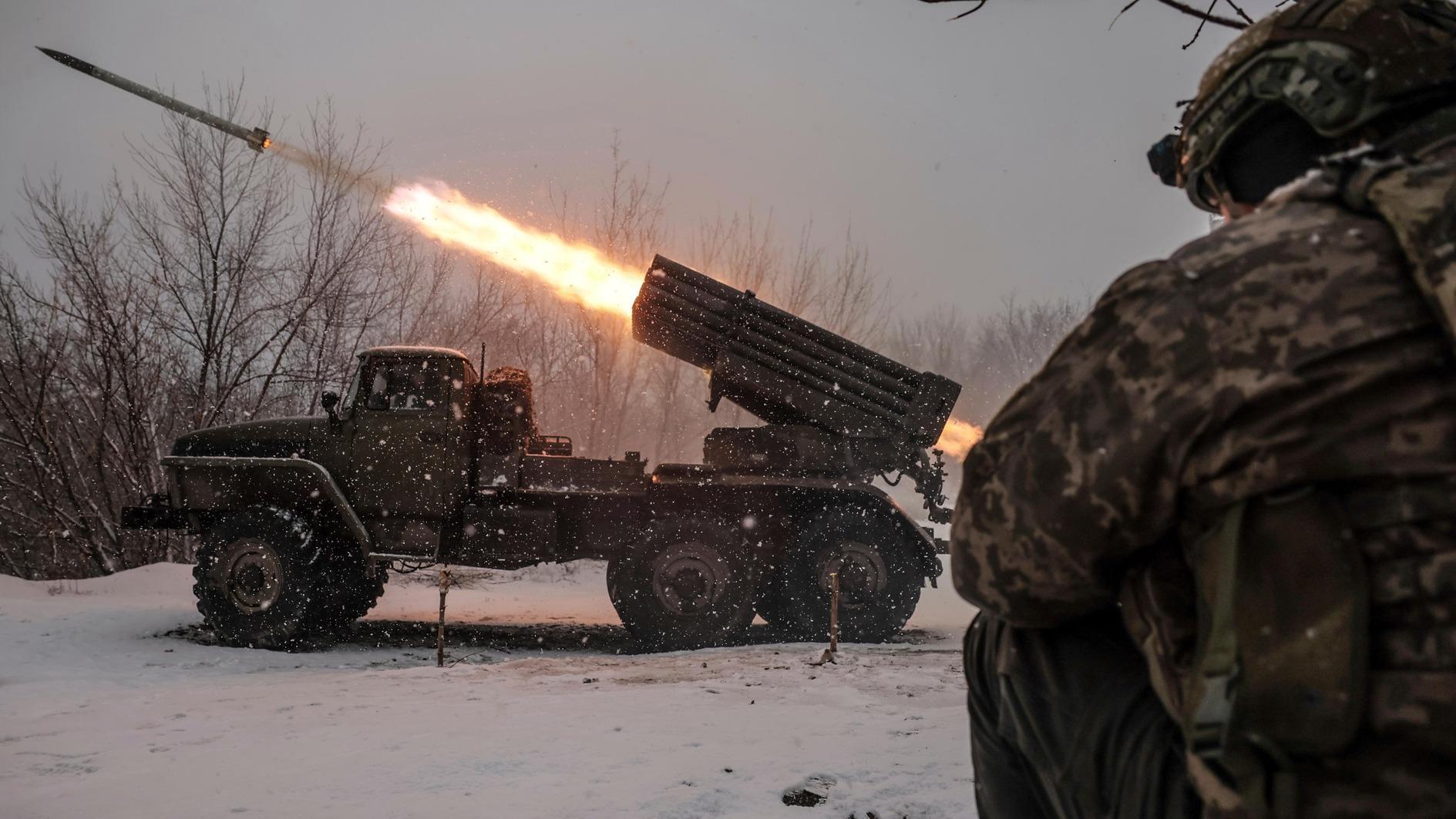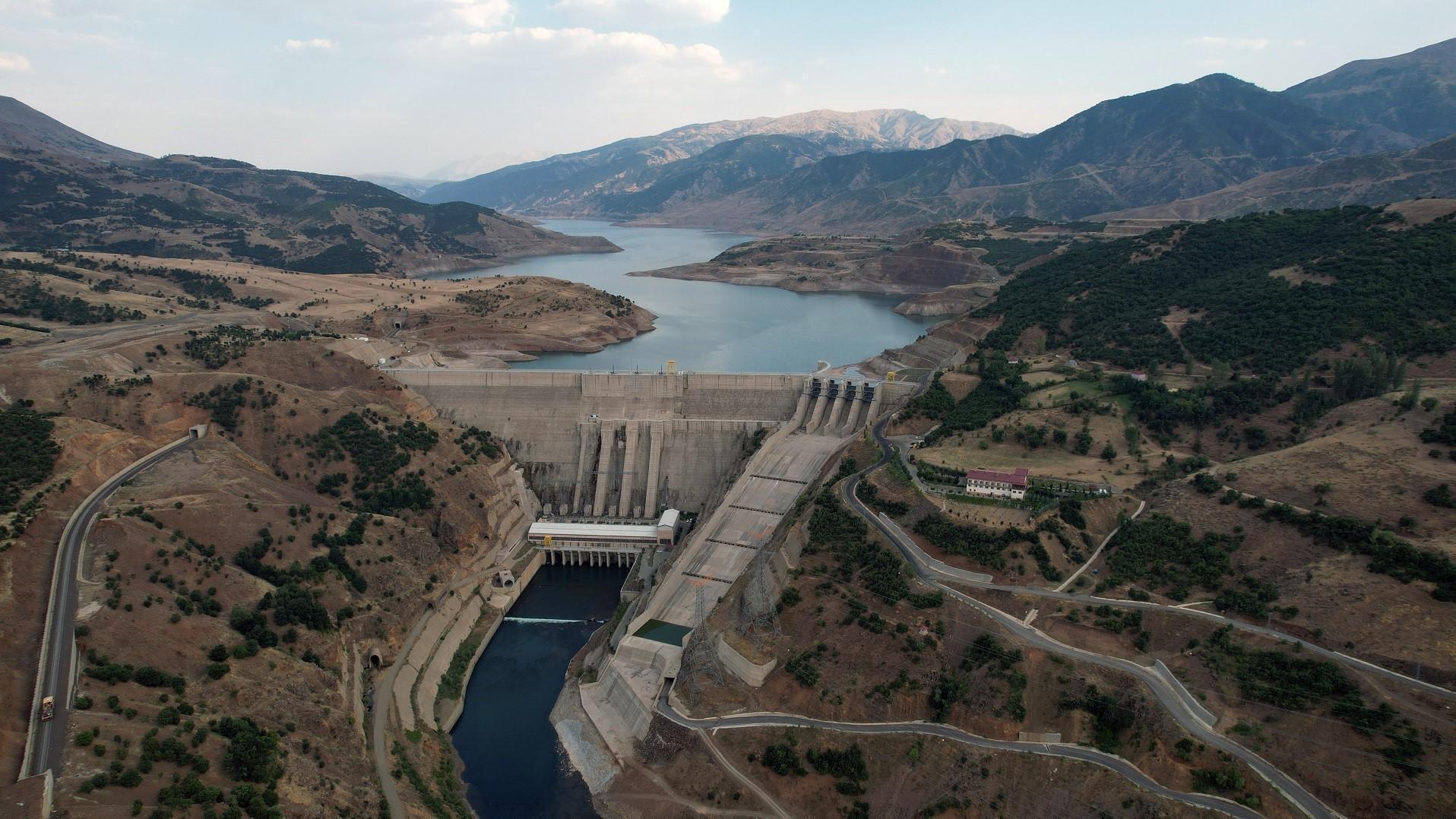Turkey, Libya ink deal after Iran oil woes
ANKARA - Hürriyet Daily News

REUTERS photo
Turkey has struck a 1 million ton oil supply deal with Libya after reducing imports of Iranian crude under pressure from the United States and the international community, the Turkish energy minister said yesterday.Turkey’s oil refiner Tüpraş agreed to the deal with Libya and has also started negotiations with Saudi Arabia for a long-term contract, Yıldız said.
The move comes after the United States said earlier that it would exempt seven emerging economies, including Turkey, from tough new sanctions after they cut oil supplies from Iran. U.S. Secretary of State Hillary Clinton added India, Malaysia, South Africa, South Korea, Sri Lanka and Taiwan to the list of those exempt from the sanctions.
‘Exception’
However, Reuters quoted a U.S. diplomat as saying that Turkey’s position did not stem from an exemption but was an exception. Tüpraş may pay 180 days more to the Iranian central bank over Turkey’s Halkbank, the diplomat said. The U.S. was observing whether Turkey would renew an oil contract with the Islamic republic by the end of August, the agency also quoted him as saying.
Turkey has also been working on a project with Venezuela for months, under which the South American country would provide oil products to Turkey in exchange for the construction of housing there.
“Our work with Venezuela is now at the final stage. We are working toward a plan where we import petroleum coke in exchange for our contractors’ working there,” Yıldız said.
In May Turkey’s state-controlled refining company, Tüpraş, imported around 140,000 barrels per day (bpd), a 20 percent drop from its 2011 average, according to the latest shipping data obtained by Reuters.
China, which alone buys as much as a fifth of Iran’s crude exports, and Singapore, where much of the country’s fuel oil is blended, did not receive such waivers, ramping up pressure on two important U.S. trade partners in Asia. The sanctions, which the U.S. may impose starting on June 28, are Washington’s most ambitious measures yet to strangle Iran’s nuclear program by cutting funding from its oil export sales.
“By reducing Iran’s oil sales, we are sending a decisive message to Iran’s leaders. Until they take concrete actions to satisfy the concerns of the international community, they will continue to face increasing isolation and pressure,” U.S. Secretary of State Hillary Clinton said in a press release.
Chinese Foreign Ministry spokesman Liu Weimin said yesterday that Beijing remained opposed to unilateral sanctions. However, Chinese refiner Sinopec has turned down offers of bargain Iranian crude and will cut imports by up to a fifth this year, a senior Chinese oil executive said, adding that ties with the U.S. were more important.
















